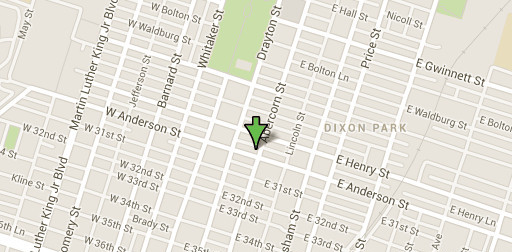One of the benefits of FOY® Dentures is its ability to give you a facelift. By establishing the proper relation among your teeth, these dentures restore your face to its natural, youthful proportion. Naturally, this restores a more youthful appearance because your teeth, muscles, skin, and other tissues are in balance again.
But getting the right height for your dentures is also important for many other reasons, too, including symptoms you may recognize from your current dentures experience.
Dentures That Are Too Short
It’s common for dentures to be too short. The problem is that dentists often try to replicate the dimensions of your teeth as they were shortly before they were lost. By this point, they were often badly worn down, which means your dentist is reproducing an aged smile and contributing to an aged appearance.
But you may also experience functional problems, too. Cheek biting is common if your dentures are too short. Too short dentures cause your cheeks to fold more than they should, putting them in the way of your teeth. And when your cheeks fold too much, they can let saliva leak out of your mouth, which leads to a minor (but unattractive and irritating) infection known as angular cheilitis.
You might also experience muscle fatigue because your muscles are being forced to close further than they’re meant to. This can also cause soreness in your jaw joint and may ultimately lead to TMJ.
Finally, dentures that are too short can make it hard for you to chew and eat a full variety of foods.
Dentures That Are Too Tall
This happens when dentists don’t have a good way to judge the proper height and try to make up for the problem of too short dentures and just make your dentures too tall. This can also cause problems for you.
With too tall dentures, you may feel sore in your jaws because your jaw isn’t designed to be held open so wide.
You may also strike your teeth together harder than you want to because they’re meeting unexpectedly soon. This can cause damage to the denture, irritation to your gums, and clicking of the teeth during eating and speaking.
All these may be experienced briefly when moving from too short dentures to the right size dentures, but you should adapt quickly.
Finding the Right Size Dentures
All of these problems comes from the fact that many denture dentists are working by guessing. Dr. Rod Strickland developed a technique for making dentures that uses neuromuscular principles to let your muscles guide the proper size for your dentures. It’s not a guess. It’s science, which means it’s accurate, repeatable, and can work for everyone.
If you are tired of living with dentures made by guesswork, please call (843) 706-2999 for an appointment with a Hilton Head denture denture dentist offering Beyond Exceptional Dentistry.




